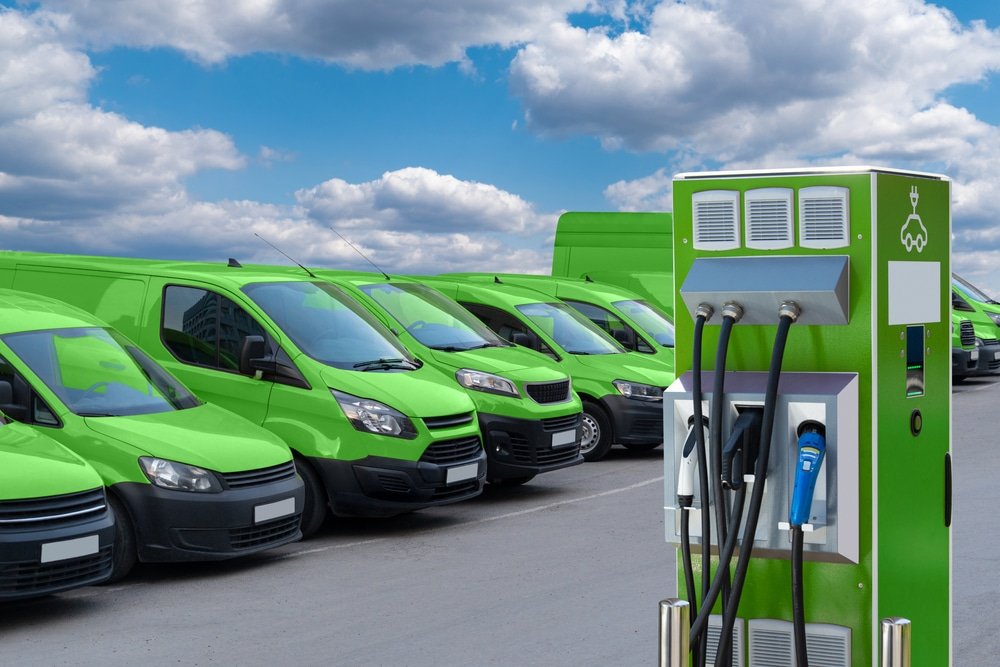Sustainable transportation is not just a trend, but an urgent necessity as the world grapples with climate change and the depletion of fossil fuels. Among the most promising solutions in this transition are electric vehicles (EVs), revolutionizing how we think about mobility. In the Philippines, particularly in Cebu, the rise of electric cars is a crucial evolution towards a more sustainable future.
The Rise of Electric Vehicles
Electric vehicles are defined as vehicles that operate on electricity rather than traditional gasoline or diesel. They produce zero tailpipe emissions, making them a cleaner alternative to internal combustion engine vehicles. Several factors, including growing environmental awareness, advancing technology, and supportive government policies, drive the global shift towards EVs.
Environmental Impact
One of the most significant benefits of electric vehicles is their potential to reduce greenhouse gas emissions. The transportation sector significantly contributes to global CO2 emissions, accounting for approximately 14% of all emissions worldwide. By transitioning to EVs, cities can dramatically lower their carbon footprints. For instance, studies indicate that widespread adoption of electric vehicles could reduce urban air pollution, leading to improved public health outcomes.
Technological Advancements
Recent advancements in battery technology have made electric vehicles more accessible and efficient. Innovations like lithium-ion batteries have improved energy density, allowing longer driving ranges and faster charging times. As a result, range anxiety – fast charging stations, EV owners can recharge their vehicles in minutes, making them more practical for everyday use.
Government Policies and Incentives
Many governments worldwide are implementing policies to encourage the adoption of electric vehicles. These include tax credits, rebates for EV purchases, and investments in charging infrastructure. The government has recognized the importance of promoting electric cars in its commitment to sustainable development in the Philippines. Initiatives such as the RA 11697 EVIDA Law: Electric Vehicle Industry Development Act aim to create a supportive environment for EV manufacturers and consumers.
The Situation in Cebu
Cebu, one of the Philippines’ most populous provinces, is at the forefront of the electric vehicle movement. As urbanization accelerates and the demand for transportation increases, the need for sustainable solutions becomes critical. The local government and private sector are collaborating to promote electric mobility, recognizing its potential to address traffic congestion and air quality issues.
Current Initiatives
Cebu City has begun implementing various successful initiatives to increase the use of electric vehicles. One such initiative is the establishment of electric jeepneys (e-jeepneys). These electric public transport vehicles not only reduce emissions but also provide a quieter, more comfortable ride for passengers. The accomplishments of these e-jeepneys, which have significantly reduced emissions and improved the quality of public transportation, could provide a blueprint for other cities in the Philippines and beyond.
Charging Infrastructure Development
Expanding the charging infrastructure is a significant hurdle in adopting electric vehicles. In Cebu, efforts are underway to grow the network of charging stations, aiming to support the shift to electric mobility. Public-private partnerships are being explored as an option for setting up charging facilities and guaranteeing that residential and commercial areas have the necessary infrastructure.
Community Engagement and Awareness
Raising public awareness about the benefits of electric vehicles is crucial for fostering acceptance and encouraging adoption. Cebu’s local government is engaging with communities to educate residents about the environmental and economic advantages of switching to EVs. This includes showcasing the long-term cost savings associated with lower fuel and maintenance expenses than traditional vehicles.
Challenges Ahead
Despite the positive developments, several challenges remain on the path towards widespread electric vehicle adoption in Cebu and the Philippines as a whole:
- High Initial Costs: While the prices of electric vehicles are decreasing, they can still be higher than conventional vehicles, making them less accessible to average consumers.
- Charging Infrastructure: Developing a robust charging network is essential to alleviate range anxiety and ensure EV users have convenient access to charging stations.
- Consumer Education: Many potential buyers still need to learn about the benefits of electric vehicles or may have misconceptions about their performance and charging requirements.
- Policy Support: Continued government support and clear policies are necessary to sustain the momentum of EV adoption. This includes financial incentives and regulations that encourage using electric vehicles over traditional ones.
The Future of Sustainable Transportation in Cebu
The future of sustainable transportation in Cebu looks promising, particularly with the ongoing commitment to electric vehicles. As technology advances and the infrastructure for EVs expands, the province has the potential to lead the way in promoting a greener transportation system, setting an example for other regions and contributing to the global effort to combat climate change.
Economic Opportunities
The rise of electric vehicles also presents significant economic opportunities for Cebu. Developing local EV manufacturing and charging infrastructure can create jobs and stimulate economic growth. Furthermore, as the demand for EVs increases, local businesses can benefit from the associated supply chains and services, paving the way for a prosperous future.
Environmental Benefits
Transitioning to electric vehicles in Cebu will significantly reduce air pollution and greenhouse gas emissions. As EV adoption grows, residents can enjoy cleaner air and a healthier environment, aligning with global efforts to combat climate change.
Key Takeaway
The growing prevalence of electric vehicles is not merely a fleeting fad; it symbolizes a pivotal shift for cities such as Cebu. By enacting supportive policies, leveraging technological advancements, and fostering community engagement, Cebu has the opportunity to take the lead in shaping a cleaner and more sustainable future. Embracing electric vehicles can empower the province to address pressing environmental concerns, propel economic growth, and improve the well-being of its residents. The shift toward sustainable transportation is underway, and Cebu possesses significant potential for electric mobility.


